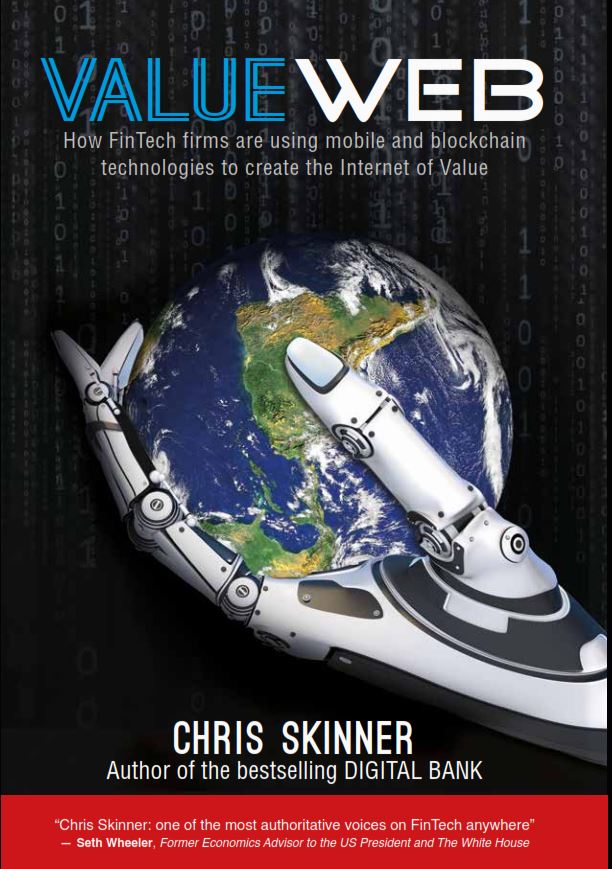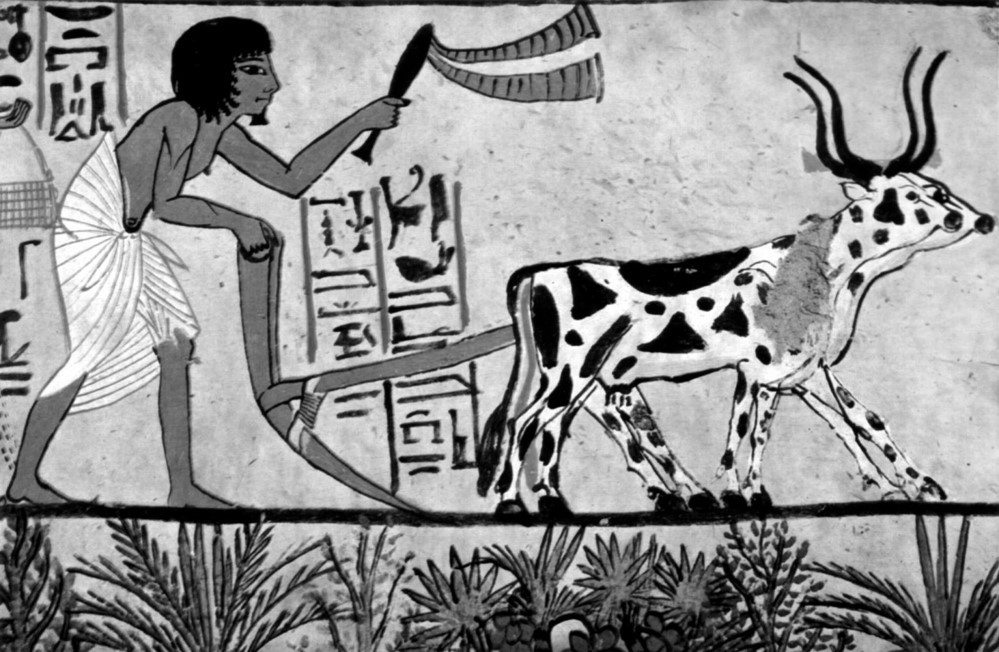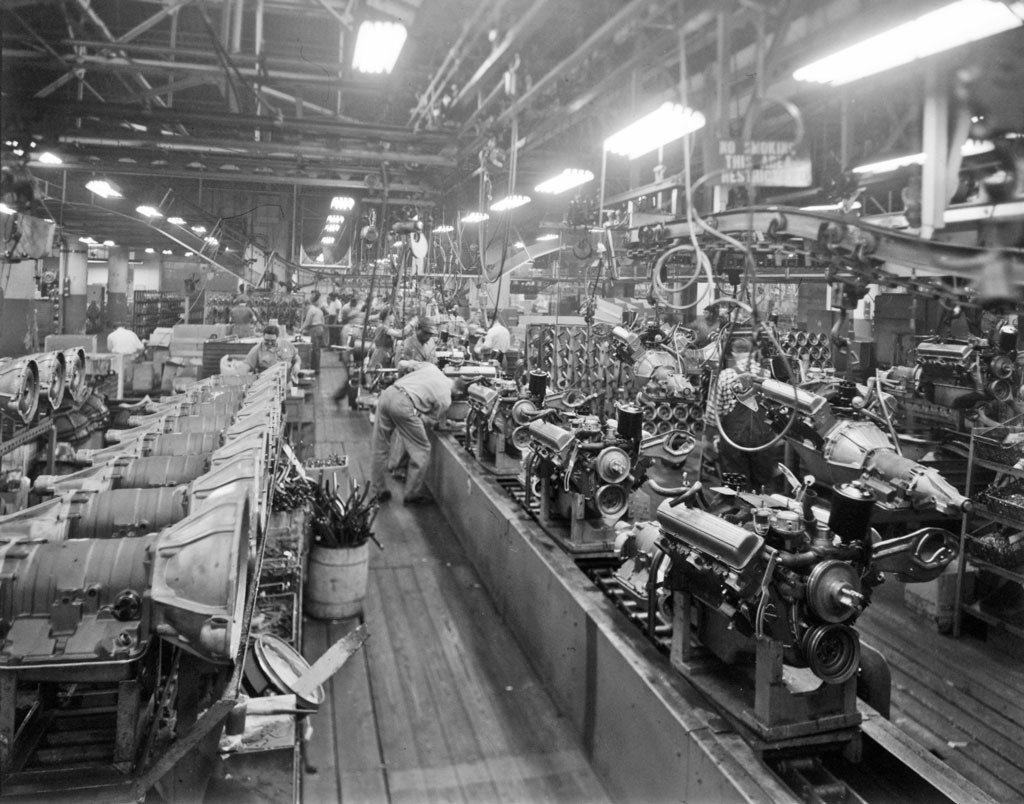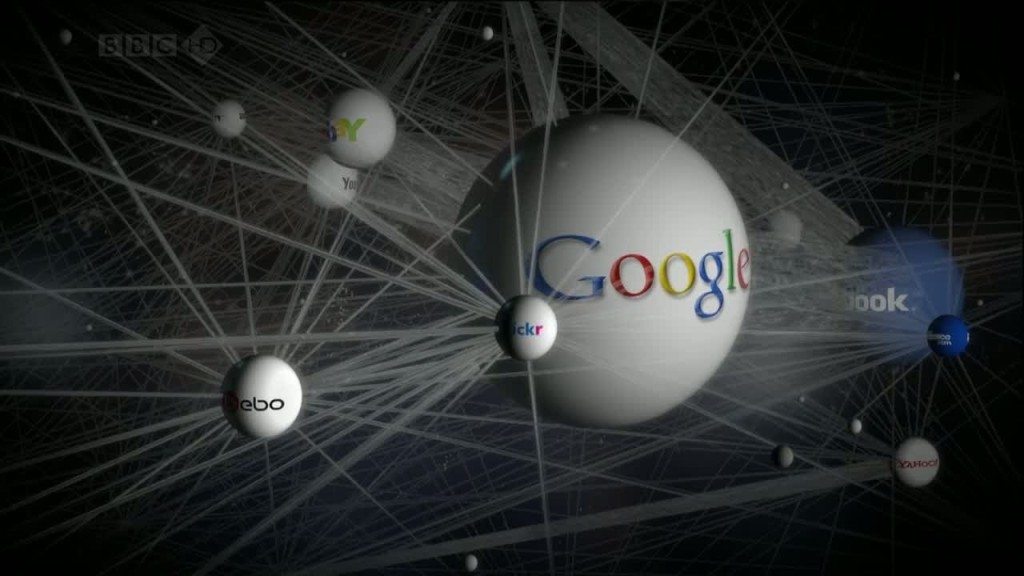
I often claim that we are going through a revolution in commerce and, every time we go through a revolution in commerce, we go through a revolution in finance.
The first great revolution in commerce was the move 5,000 years ago from barter to money. Money was invented because the barter system broke down, as farming became commonplace. An abundance of crop production meant that many of the goods produced were too common to trade with bartering. As a result, the government of the day created money that could be used to buy goods and services, in exchange for the wheat, maize and barley produced by the farmers. If money had not been invented, the farming system would have caused riots, as bartering became unworkable. How could I trade wheat for barley when everyone had barley and wheat?
The basis of the first great revolution therefore – the Agricultural Revolution – was the creation of governance through money. It is the reason why I regularly state you cannot have money without government, because money was created for governance.
Throughout this period of the last five millennia, not a great deal changed. Money was typically backed by government, and issued by government, and backed by value in the form of gold and silver. Gold and silver is heavy however and, as trade began to explode during the next great revolution, the Industrial Revolution, a new form of money was needed.
So the second great revolution in commerce took place as people moved from fields to factories.
Trade across borders and nations needed a new form of finance: trade finance. It is the reason why so many banks appeared during the Industrial Revolution, as it was realised that companies could not trade without a new form of system. Bear in mind that there were no large enterprises, big firms, major companies prior to the Industrial Revolution. The oldest surviving firms on the Fortune 500 for example are all under 250 years old, with the oldest being banks (BNY Mellon) and Insurance firms (Cigna).
In fact, this holds true generally, as the oldest surviving companies in most markets are the banks and insurance companies created during the Industrial Revolution. These firms were created to enable companies to grow and expand across borders and continents. They offered trade finance to grow the business and insurance to cover loss of goods due to any unforeseen circumstance. The key to this system was that it could be trusted because governments gave these companies licenses to trade, and it was the government-backed guarantee that allowed these institutions to offer cheques and banknotes that could be trusted by traders.
This system has been around over 300 years, and was the great innovation in commerce that backed the Industrial Revolution, going hand-in-hand with the great innovation in commerce that backed the Agricultural Revolution: money. Money led to Banking and Insurance, but Banking and Insurance was unnecessary in an age of localised trade. Banking and Insurance only became a requirement as businesses grew across borders and regions.
Some would claim we haven’t really had another revolution since, although the move from factories to offices could be claimed as one big change, as is the move from steam power to electrical power. The move from blue collar to white collar led to another change in commerce, as we saw people needing more convenient forms of payment. At this point the card appeared. The bank card for credit and then debit gave us an easier form of payment than paying by cheque or cash, but no, I would not claim this was a revolution in commerce. More an evolution.
Now I’ve written a lot about this history before, so don’t want to repeat it all again. However, it is worth giving that backdrop, as we are living through another revolution in commerce today. The internet age is clearly a revolution in trade and business. The fact that we now have companies that are not just trading across borders or regions, but trading as global platforms and global marketplaces for all citizens of the world is clearly a massive change in size and structure.
Just look at the news this morning about Google and Facebook and it’s clear to see that business has changed through the internet age.
- Facebook-owned WhatsApp boasts a billion users (and Facebook Messenger passes 800 million users)
- Google has 7 products with 1 billion users (it's also now more valuable than Apple)
This is why we talk about firms like Alibaba, Tencent, Baidu, Yandex, Amazon, Apple and more, as these are the new global entities emerging through the Internet Revolution. This is the Third Age, the Third Revolution, the Digital Revolution. The world is networked and connected, and everyone is now able to trade 1:1 in real-time.
Soon, it’s not just people trading but their machines in the Internet of Things. As we move from 1:1 to M:M, the infrastructure of commerce that backs the network demands change too. This is why the system we created for the last Revolution – banking and insurance – cannot just evolve into this new age, but has to be reimagined.
The instruments to reimagine financial services are already appearing – cloud, shared ledgers, data analytics, APIs – but this reimagining will take years. This is not an overnight change. After all, the Industrial Revolution took over three centuries to bubble and burst; we are just over half a century into the Digital Revolution.
Unlike the other changes through the Industrial Age – mechanical to electronic to digital – the Information Age demands fast and (near) free value exchange in global platforms, rather than slow and expensive exchange in local systems. During the Industrial Revolution, we built an efficient exchange system in the form of cash backed by gold and silver to cheques and cards backed by government-licenced banks; but today, we need a new system. A new fast and cheap system for machines to trade with machines in real-time for near free.
Whether that system is based on existing banks and insurance companies is open to question, as this system will be digital and based on the internet. That much is clear. Banking and insurance is being reimagined by the internet. The Digital Revolution that has created the Information Age demands a new system of commerce. The new system is what we are now calling the Internet of Value or ValueWeb, which just happens to be the title of my new book.
What a shameless plug, and there will be more, but the reason for talking about this as a Revolution in trade and commerce and finance, is that most think it’s just another evolution. Was the creation of money for the Agricultural Revolution an evolution? Was the invention of banks, cheques, cards and insurance for the Industrial Revolution an evolution? I claim not, which means that if we are seeing a Revolution in trade, commerce and finance in the Information Age as we move towards global platforms of communication, what will the new financial firm look like?
For a review of the new book, and a free chapter, checkout this article on Banking Exchange.
Chris M Skinner
Chris Skinner is best known as an independent commentator on the financial markets through his blog, TheFinanser.com, as author of the bestselling book Digital Bank, and Chair of the European networking forum the Financial Services Club. He has been voted one of the most influential people in banking by The Financial Brand (as well as one of the best blogs), a FinTech Titan (Next Bank), one of the Fintech Leaders you need to follow (City AM, Deluxe and Jax Finance), as well as one of the Top 40 most influential people in financial technology by the Wall Street Journal's Financial News. To learn more click here...




